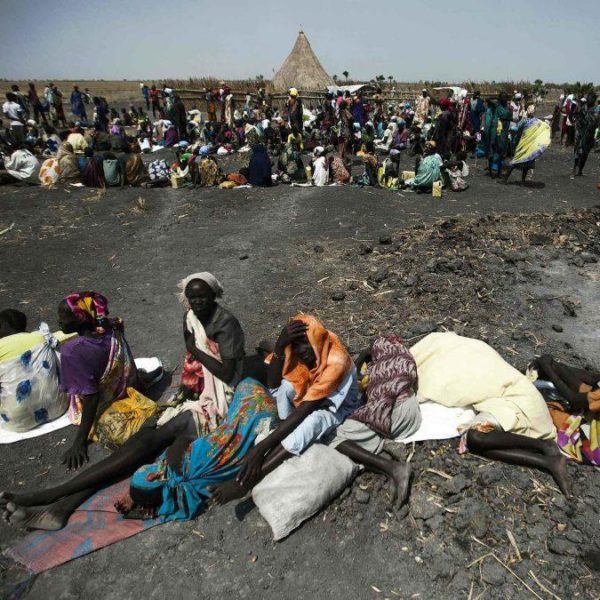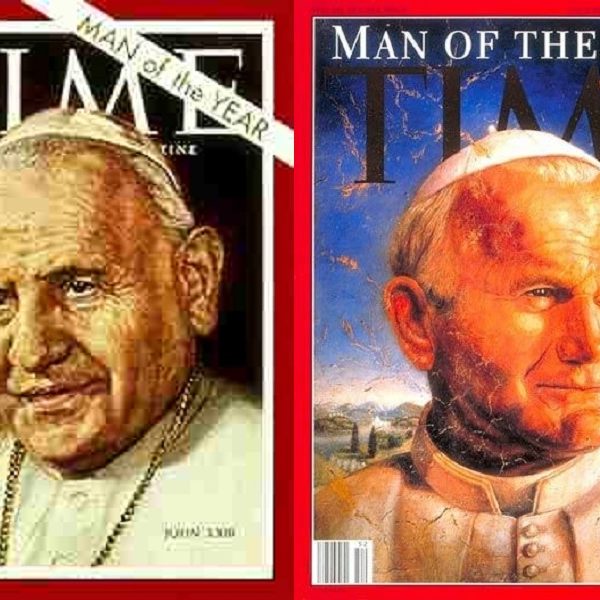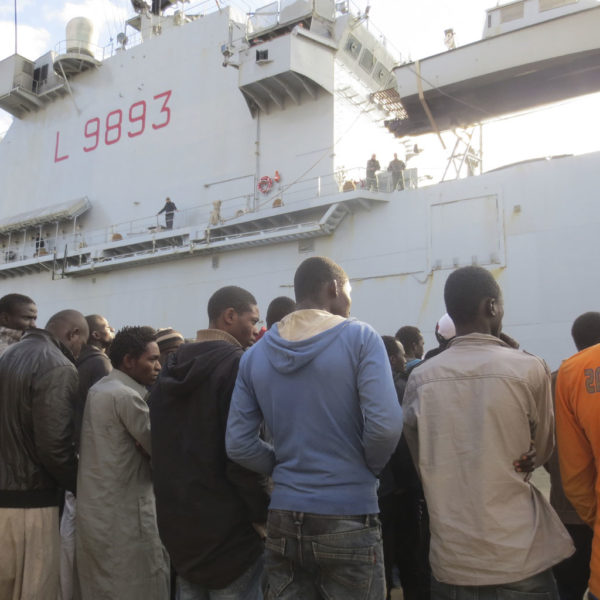
I am interested in this sense of the ordinary, ongoing strike. This humble strike—not necessarily modest but rather close to the ground—could involve a politics of refusal and boycott, where those terms could be understood not only as negatives, but also as holding space for a new international community, and thus connecting explicitly something already connected or entangled in practice.

“If laws are for elders, stories are for children. And the stories that children tell are never general and abstract. They ground us in, or guide us toward, what is really important.”

The reader should take away from this special issue the sense that the basic dichotomy of “the West” versus “China” needs to be reformulated. While the West has much to learn from listening to non-Western voices, the work of actually listening reveals that such sharp distinctions do more harm than good.

This special issue on “Human Dignity, Religion, and Rights in Contemporary China” features debates over religion and politics in China today. Political theology in China raises many questions that western readers will find familiar, but the Chinese context often requires different answers, so that gaining familiarity with the Chinese discussion can broaden our view of the available options at the intersection of religion and politics.

The idea that the political aspects of the Ten Commandments are confined to the latter portion and that the beginning portion is only ‘religious’ in nature is unsustainable. The politics of the commands themselves as well as the politics of the conversations in which those commands are embedded continue to be instructive for faithful communities today.






